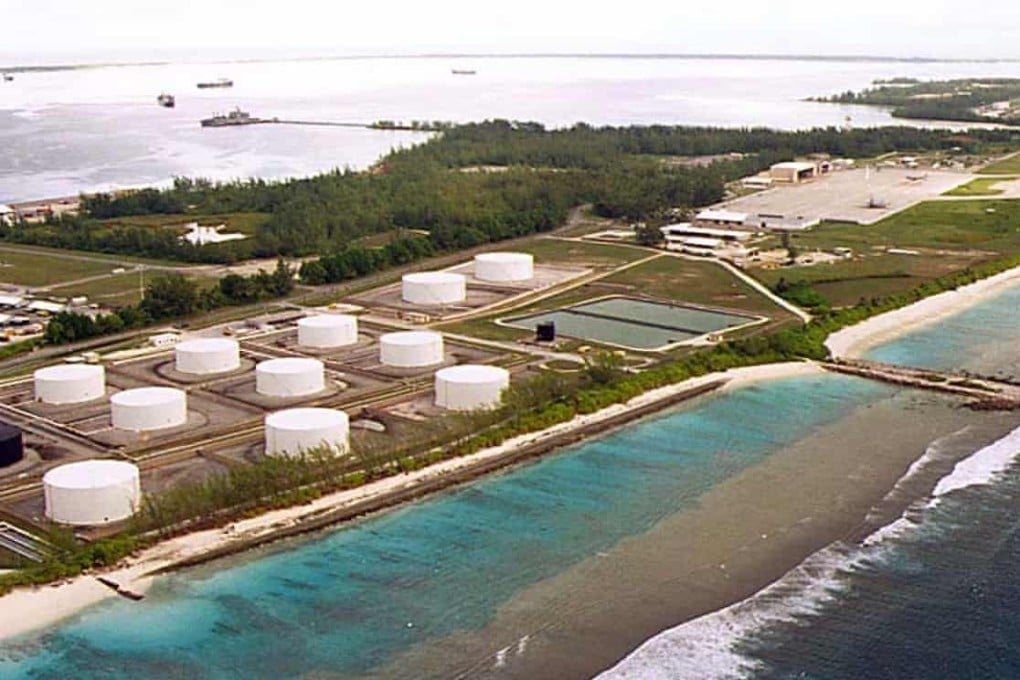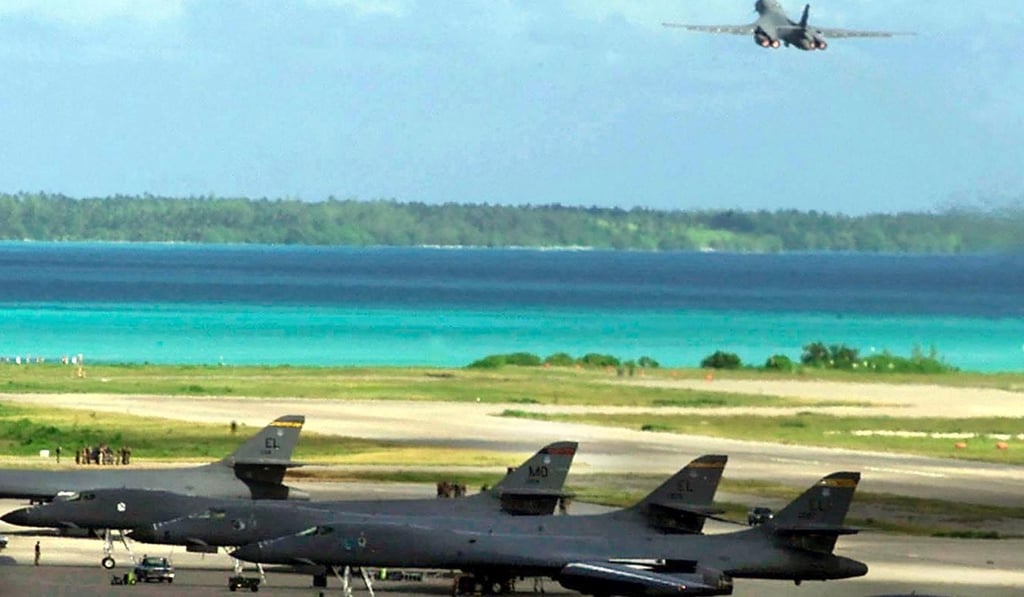Advertisement
Humiliation for Britain as UN demands it ends rule of Chagos Islands in six months
- UN General Assembly voted overwhelmingly that the Indian Ocean island chain be given back to Mauritius
- Britain disputes that the islands, which it calls the British Indian Ocean Territory, were ever a colony
Reading Time:3 minutes
Why you can trust SCMP
0

The United Nations General Assembly has overwhelmingly backed a motion condemning Britain’s occupation of the remote Chagos Islands in the Indian Ocean.
The vote, which left the UK diplomatically isolated, set a six-month deadline for the UK to withdraw from the archipelago and for it to be reunified with neighbouring Mauritius.
The motion, drafted by Senegal on behalf of African states, was backed by 116 countries.
Only five – the US, Hungary, Israel, Australia and the Maldives – voted with the UK and 56 abstained.

The UK’s closest European allies, including France, Germany, the Netherlands, Portugal, Poland and Romania, chose to abstain.
Advertisement